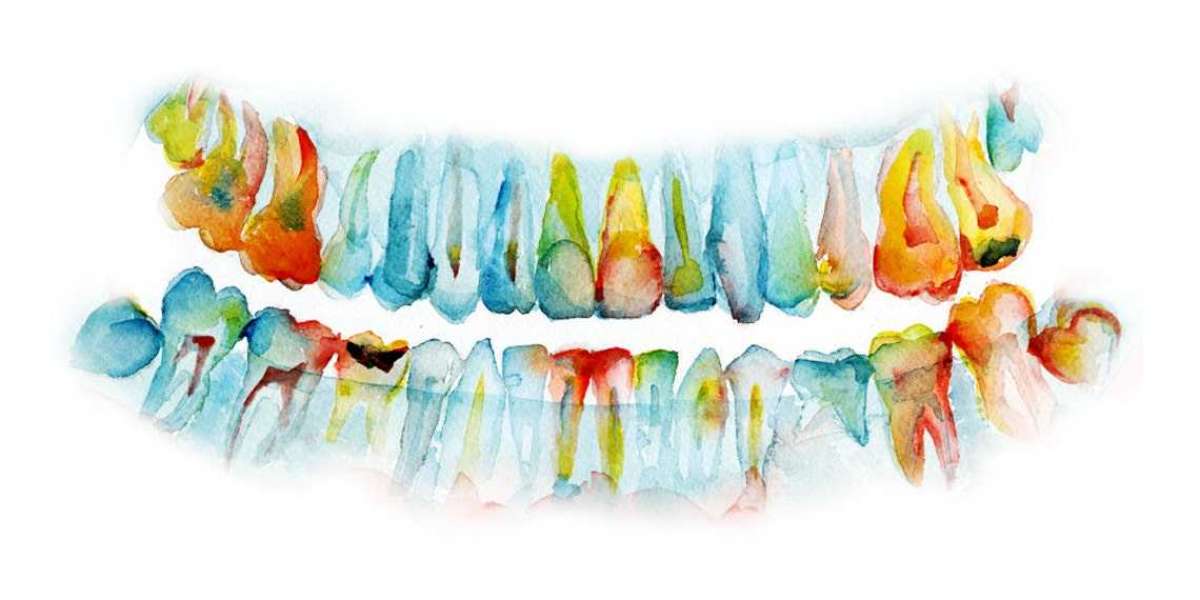Throughout my career as a prosthodontist, I have encountered various types of crowns, each with distinct characteristics and specific indications for use. The most crucial factors in selecting a crown are the materials used in their fabrication, their durability, and their suitability for different clinical scenarios.
The primary materials for dental crowns include metal, porcelain-fused-to-metal (PFM), all-ceramic, and zirconia. Metal crowns, often made from gold or other alloys, are known for their strength and longevity. However, their metallic appearance makes them less desirable for anterior teeth. Porcelain-fused-to-metal crowns combine the strength of metal with the aesthetics of porcelain, making them suitable for both anterior and posterior applications. All-ceramic crowns offer superior aesthetics and biocompatibility, but may not be as durable as their metal counterparts. Zirconia crowns have emerged as a popular choice due to their exceptional strength, biocompatibility, and natural appearance.
Choosing the right type of crown involves considering multiple factors such as the location of the tooth, the patient's aesthetic preferences, and the functional demands on the tooth. Additionally, advancements in digital dentistry and materials science have expanded the options available to clinicians, enabling more precise and customized restorations. In the following sections, I will address common questions regarding dental crowns, providing detailed and specific answers based on my clinical experience.
1. What are the Best Crowns for Teeth?
The best type of crown depends on several factors, including the location of the tooth, the patient's budget, and aesthetic requirements. Here is a comparative analysis:
Metal Crowns
- Pros: Exceptional durability, less tooth reduction required.
- Cons: Poor aesthetics, visible metallic color.
- Best For: Molars, areas with high occlusal forces.
Porcelain-Fused-to-Metal (PFM) Crowns
- Pros: Good strength, better aesthetics than metal crowns.
- Cons: Porcelain can chip, metal can show if gums recede.
- Best For: Both anterior and posterior teeth.
All-Ceramic Crowns
- Pros: Excellent aesthetics, biocompatible.
- Cons: Less durable than metal, can be more expensive.
- Best For: Anterior teeth, patients with metal allergies.
Zirconia Crowns
- Pros: Superior strength, excellent aesthetics, biocompatible.
- Cons: Can be more expensive, requires precise technique.
- Best For: Both anterior and posterior teeth.
I also can recommend a private dental clinic in Minsk, where you can get best offer on high quality dental crown service: https://mysmile.by/uslugi/protezirovanie/ustanovka-koronki/
2. How Much Does a Tooth Crown Cost in Belarus?
The cost of dental crowns in Belarus varies based on the type of crown and the clinic's pricing policy. Generally, the prices are as follows:
| Type of Crown | Approximate Cost (BYN) |
|---|---|
| Metal Crowns | 300-600 |
| Porcelain-Fused-to-Metal Crowns | 500-900 |
| All-Ceramic Crowns | 800-1500 |
| Zirconia Crowns | 1000-2000 |
3. Which Crowns are the Most Durable?
Zirconia crowns are currently considered the most durable due to their high fracture resistance and ability to withstand significant chewing forces. Metal crowns, particularly those made from gold alloys, also offer remarkable durability and longevity.
4. How is a Crown Placed if a Tooth is Missing?
When a tooth is missing, a crown can be placed using the following methods:
Dental Implant
- Procedure: An implant post is surgically inserted into the jawbone. After osseointegration, a crown is attached to the implant.
- Benefits: High stability, prevents bone loss.
Dental Bridge
- Procedure: Crowns are placed on the adjacent teeth with a pontic (false tooth) in between.
- Benefits: Less invasive than implants, quicker procedure.
5. Which is Cheaper: Crown or Implant?
Typically, a dental crown alone is cheaper than an implant. Here’s a cost comparison:
| Procedure | Approximate Cost (BYN) |
|---|---|
| Dental Crown | 300-2000 |
| Dental Implant (including crown) | 2000-5000 |
6. How Much Do Zirconia Crowns Cost in Belarus?
Zirconia crowns in Belarus generally range from 1000 to 2000 BYN, depending on the clinic and specific requirements of the case.
7. What Crowns are Best for Molars?
For molars, which endure significant chewing forces, the following crowns are recommended:
- Zirconia Crowns: Best overall for strength and durability.
- Metal Crowns: Ideal for their exceptional longevity.
- PFM Crowns: A good balance of strength and aesthetics.
8. What is Best for Front Teeth?
For anterior teeth, aesthetics is a key consideration:
- All-Ceramic Crowns: Superior aesthetics and biocompatibility.
- Zirconia Crowns: Excellent aesthetics combined with strength.
9. Can Crowns Be Placed on Crooked Teeth?
Yes, crowns can be placed on crooked teeth, but it often involves preliminary orthodontic treatment to align the teeth properly before crown placement. In some cases, minimal tooth preparation might suffice to correct minor misalignment.
10. What are the Most Reliable Crowns?
The most reliable crowns, known for their long-term performance and minimal complications, are:
- Zirconia Crowns: High strength and biocompatibility.
- Metal Crowns: Long-standing durability and resistance to wear.
In conclusion, the choice of dental crowns should be tailored to the individual needs of the patient, taking into account functional requirements, aesthetic preferences, and budget constraints. Advances in materials and technology continue to enhance the options available, enabling clinicians to provide optimal solutions for restorative needs.








